How to deal with a cyberstalker
Let me tell you, more and more victims of cyberstalking are reaching out to me for advice using my Ask Kim page. Here’s one note I received recently from P.W. in Oklahoma:
“I’ve been cyberstalked for three years. I recently discovered it was my roommate. I moved out and he launched another attack. He’s on my and my fiance’s phones, Wi-Fi, Bluetooth — everything. He has stolen financial data, pictures, erased accounts, taken over emails and harassed me through VOIP. … He admitted to sitting outside our house all night. I thought he was spying on me. Now I know he was also gaining access to my Wi-Fi. I can’t do this anymore and need expert advice/help terribly.”
This is truly awful. First, it’s always a good idea to file a police report. This way, you have things on record. Unfortunately, the police won’t come into your home and lock down your digital life — but you have me.
The good news: There’s a lot you can do right now to lock out a jerk. The bad news: It’s a lot of work, but I promise you it’s worth it — and it’s so much better than sitting around wondering what your stalker will do next.
Start with a list
What accounts, passwords and devices do you believe he has access to? Sit down and make a list of all you can think of. Check your browser’s saved passwords for inspiration.
One by one, sign out of each account on every device, then change every single password. A password manager will help you generate new, strong passwords no one can guess.
Just to get you thinking, here are some other sites and platforms you should check and update your passwords for:
- Every email account you have.
- Banking, Social Security, 401(k) and other financial sites.
- Social media accounts, along with sites like Nextdoor.
- Cloud storage platforms, including Apple iCloud, Google Drive, Dropbox, along with any online backup accounts.
- Online shopping sites or anywhere else you’ve saved or entered your credit card information (think streaming media).
- Any apps you use on your phone or tablet.
I have steps here to change your password for several major sites, including Amazon, Netflix, Facebook and Spotify.
Upgrade your router
So many people forget just how much info someone can access if they know the login info for your router. Theoretically, they can see what you do online and what devices are connected.
Your data is worth big money — and you can take it back
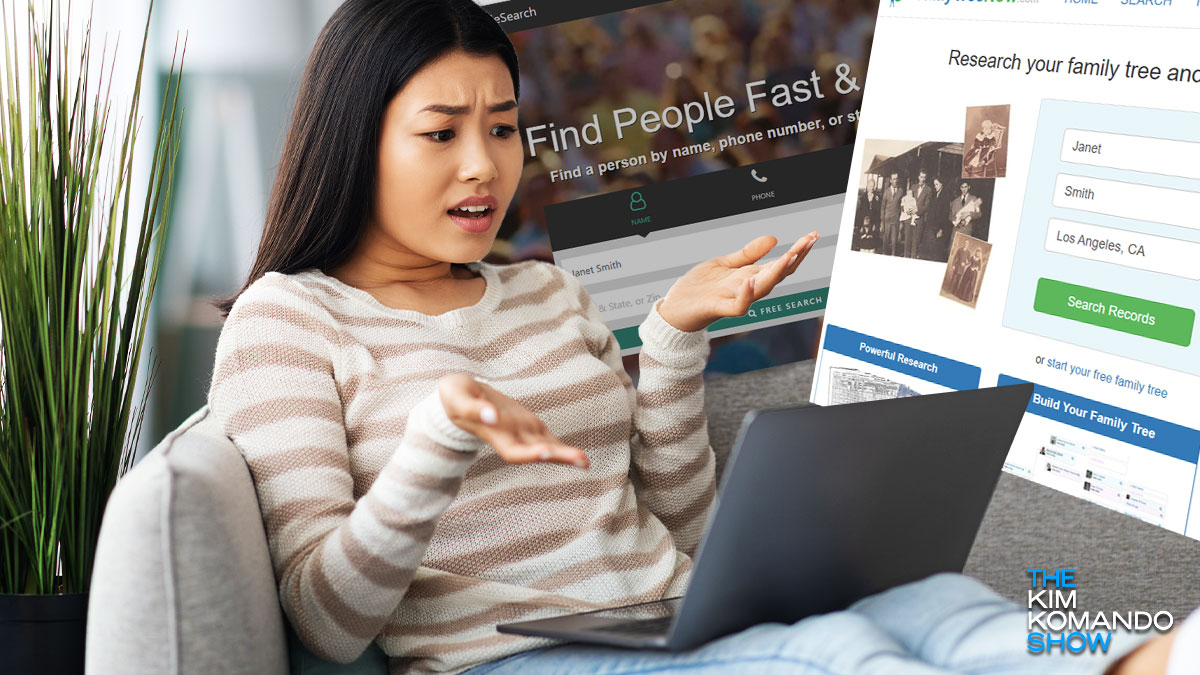
“Call me for a good time.” That simple message prompted more creepy calls and texts than you can believe. A woman contacted me after someone posted that message — alongside her cellphone number — on a porn site.
How to delete yourself from the internet
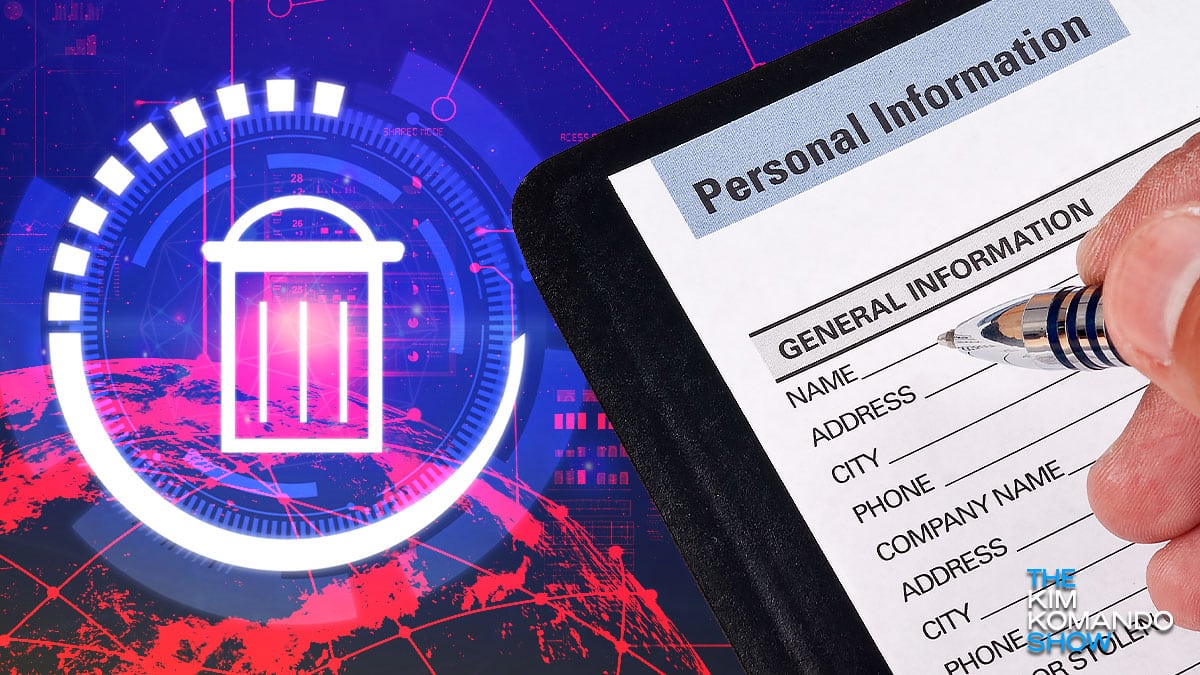
I feel lucky to have the job I do. Every day, I help folks stay up to date on tech and help solve all those digital-life problems Google just can’t answer.
And after all these years, I’ll toot my own horn a little and say there’s not much that stumps me anymore. I did get a question recently, though, on my daily podcast that had a not-so-happy answer.
How to remove yourself from US Search
Like it or not, your personal information is online for anyone to find. This can include your full name, address, phone number, police record, employment information and more. People search sites scrape this information from public records, court records, social media and other sources.
Overwhelmed with spam texts? Do this now

Ever replied to a spam message with STOP or UNSUBSCRIBE? If so, you’re setting yourself up for even more annoyance. You rightfully think that you’re ending the noise, but you’ll make it worse.
Why? Spammers are hitting up as many people as possible, searching for working contact information. When you interact, you’re saying, “Yes, this phone number belongs to someone!” That’s great news for them. It lets them know you’re a real person they should target more often.
Take back control of your online privacy
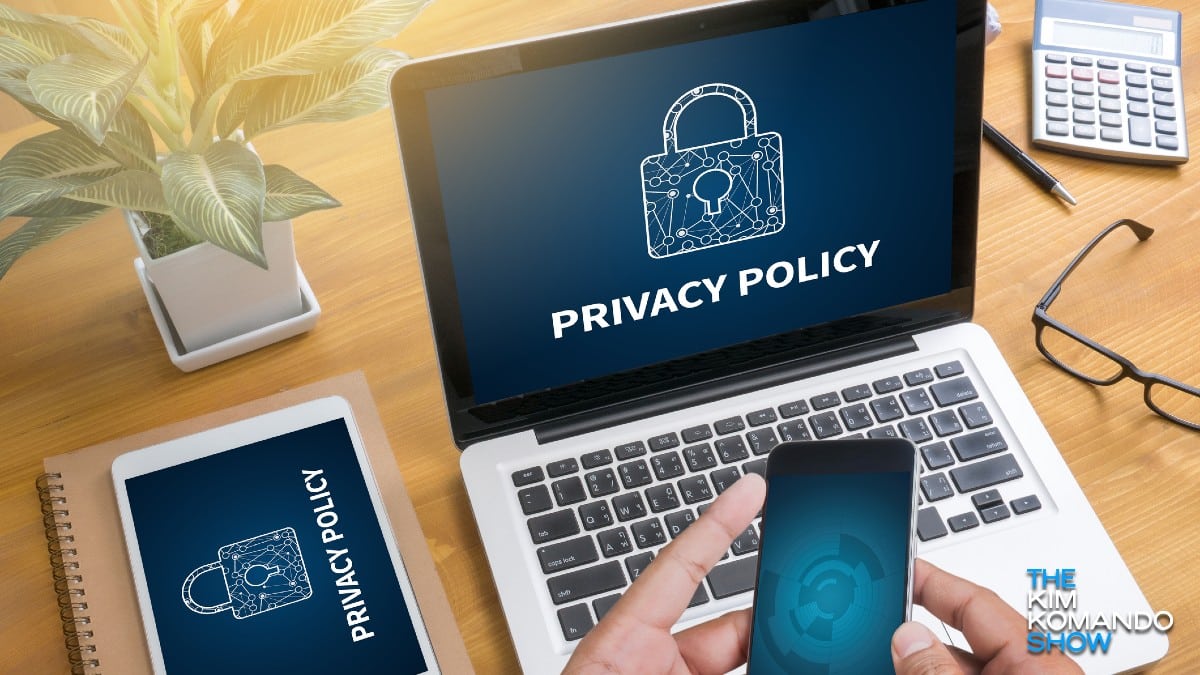
Newsflash: Your data is constantly being collected and sold. “Gee, thanks, Kim. I know,” you might be thinking. “What do I do about it?” Lucky for you, I spend a lot of time trying to answer that exact question.
If you’re tired of spam calls, unwanted emails and that nasty feeling of always being tracked, keep reading. I’ve got a simple way to take a massive chunk out of this data collection mess, thanks to our sponsor, Incogni.
Simple digital privacy step everyone should know about
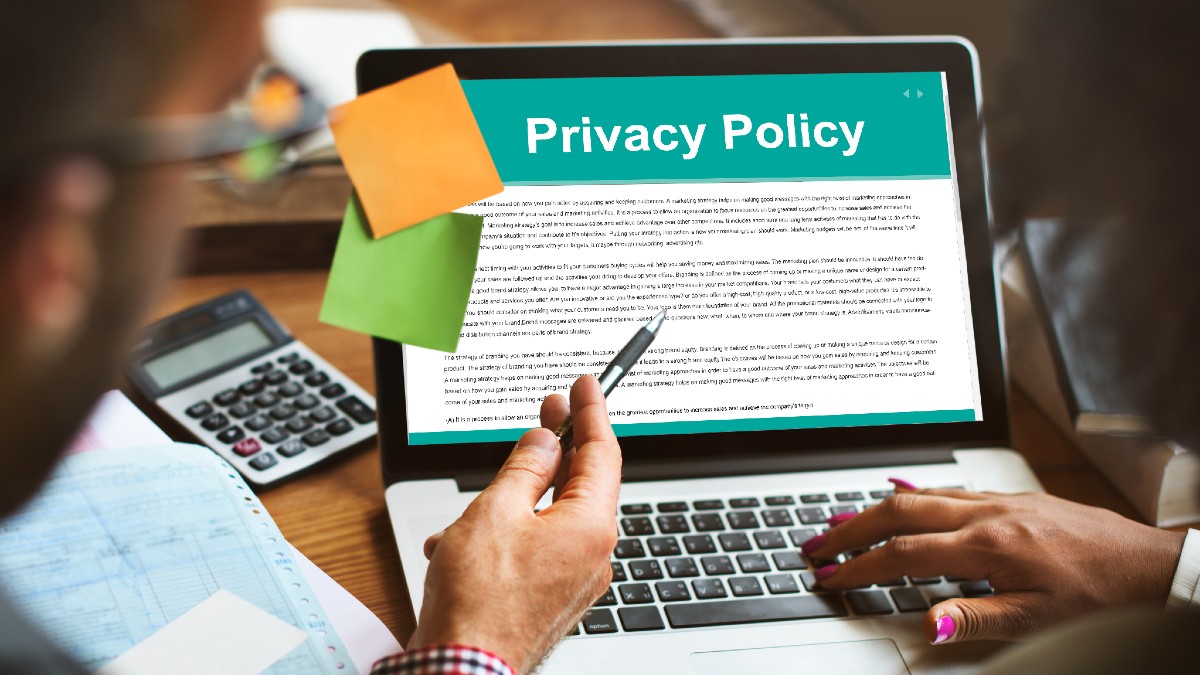
Data brokers, people search sites and online background check services, oh my. At the end of the day, they all do the same thing — scoop up your personal info and sell it to anyone interested. Marketers are at the top of the list, but scammers can also find your information this way.
Opt-Out Tuesday: How to remove your info from FamilyTreeNow

People search sites collect your information from publicly available sources and offer it to anyone interested, including thieves and scammers. There are countless sites like this. So, how do you protect your data? You need to remove it.
Bad news: Here's how much your social media logins cost on the Dark Web
What if I told you for just $12, someone could buy your Instagram login. They could read all your messages, look through everything you’ve “liked” and even post as you.
Whizcase gathered prices from Dark Web marketplaces to see how much your online identity is worth, and it’s grim.
Best ways to block scam calls - And an easier way to stop scammers
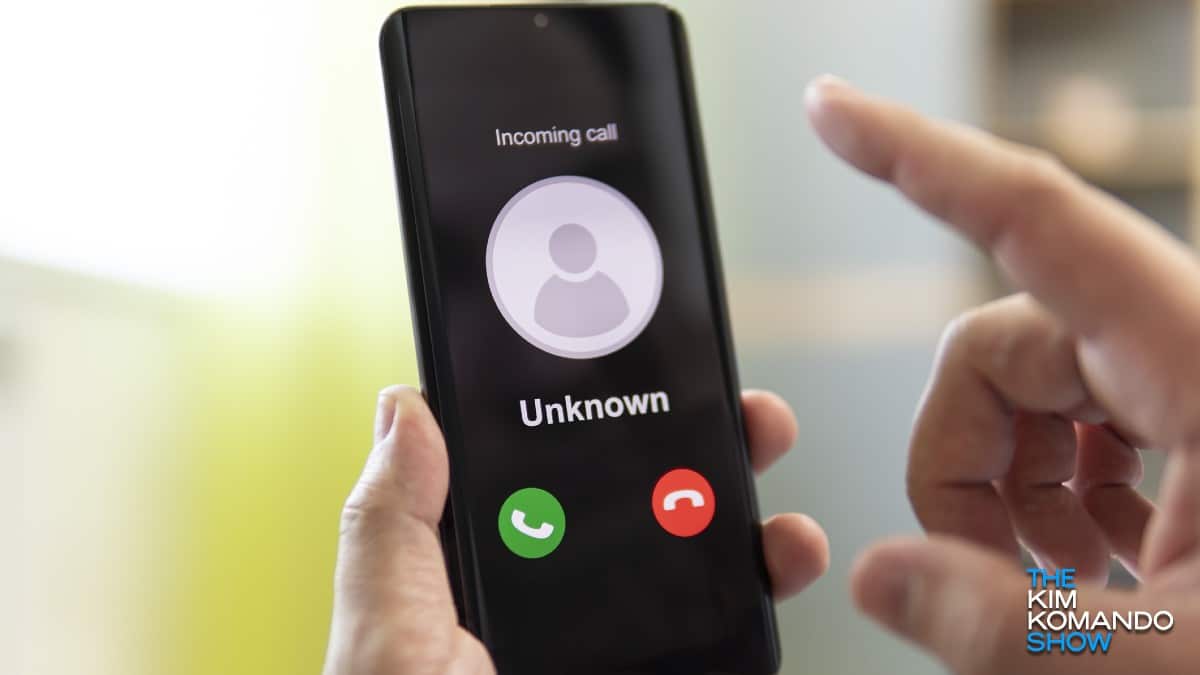
When it comes to telemarketing and scam calls, the best thing to do is not pick up the phone. But it’s not always easy to tell whether an incoming call is legitimate — especially if your phone doesn’t show that scam or spam warning.
The best 3 minutes I spent on privacy in 2025

I know, big statement, right? But stay with me.
I’ve been talking about people search sites for years. Heck, I did a whole series of articles on how to remove yourself from them.
Your personal info is all over the internet - 3 ways to remove it

Whether you know it or not, your personal and private information is all over the internet. You don’t need to be active on social media or forums. Much information comes from publicly available sources such as court records and your online accounts (active or otherwise).
Removing your info from the web takes forever - Unless you do this
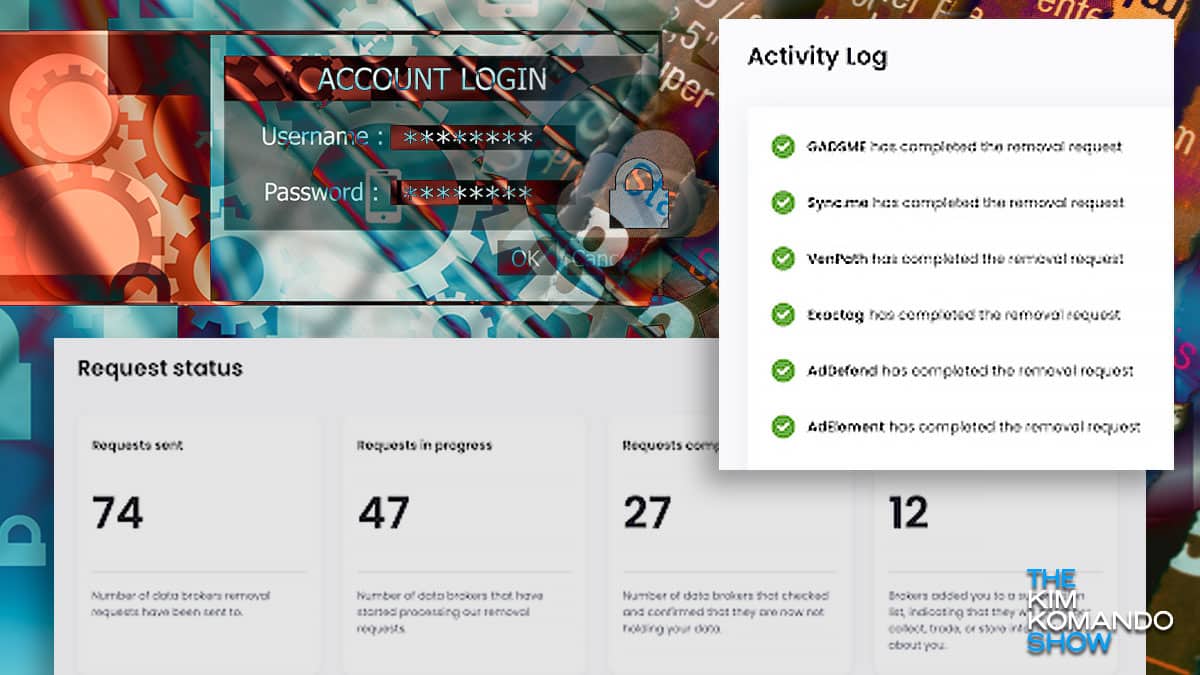
I’ve warned you about all the scummy sites that collect your personal details for years. I’ll never forget, not too long ago, when my son Ian asked about a house I lived at in my 20s. I couldn’t remember where it was.
Find out who's calling you from an unknown or blocked number
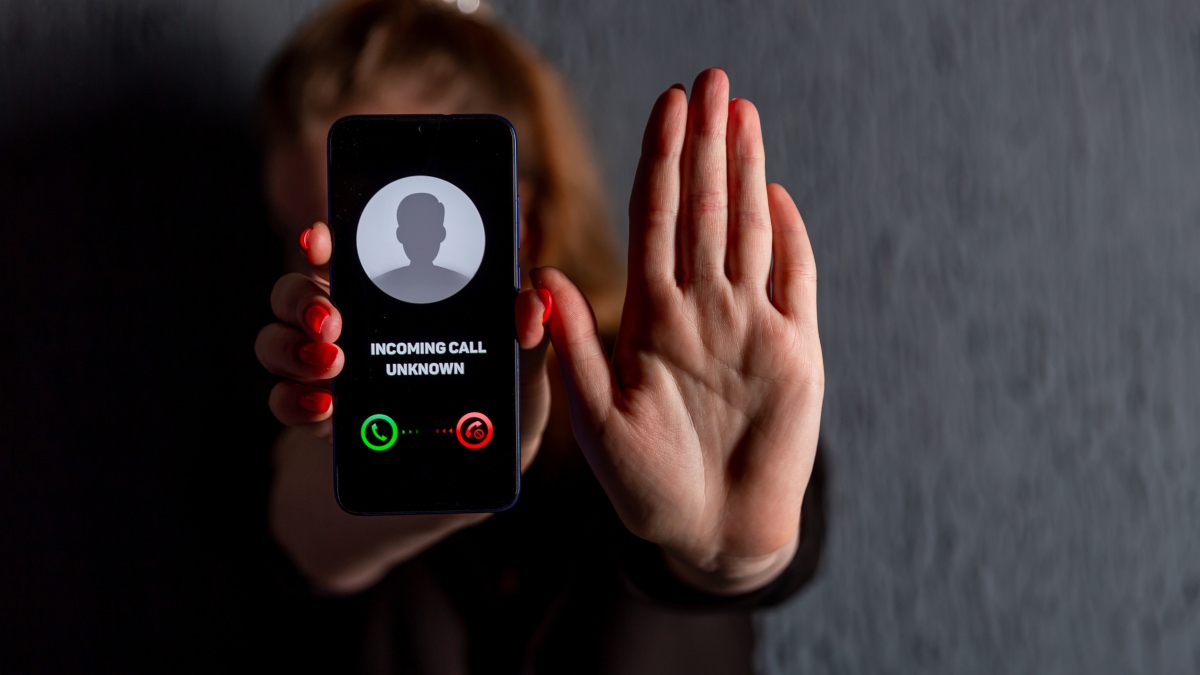
Scam and spam calls are getting more common. And they’re hard not to answer because the number comes up as “unknown.” When there’s no caller ID number, you can’t be sure if it’s a spam caller or an important call you’ve been waiting for.
I ticked off the creepy people-search sites, and you can, too

My son asked me where I lived for a few months in Los Angeles over 25 years ago. It was a gig working for Unisys that was far from memorable. He found that address at a free people search site, along with my other addresses and cell phone numbers. Nice.
5 ways to block or hide your number when making calls
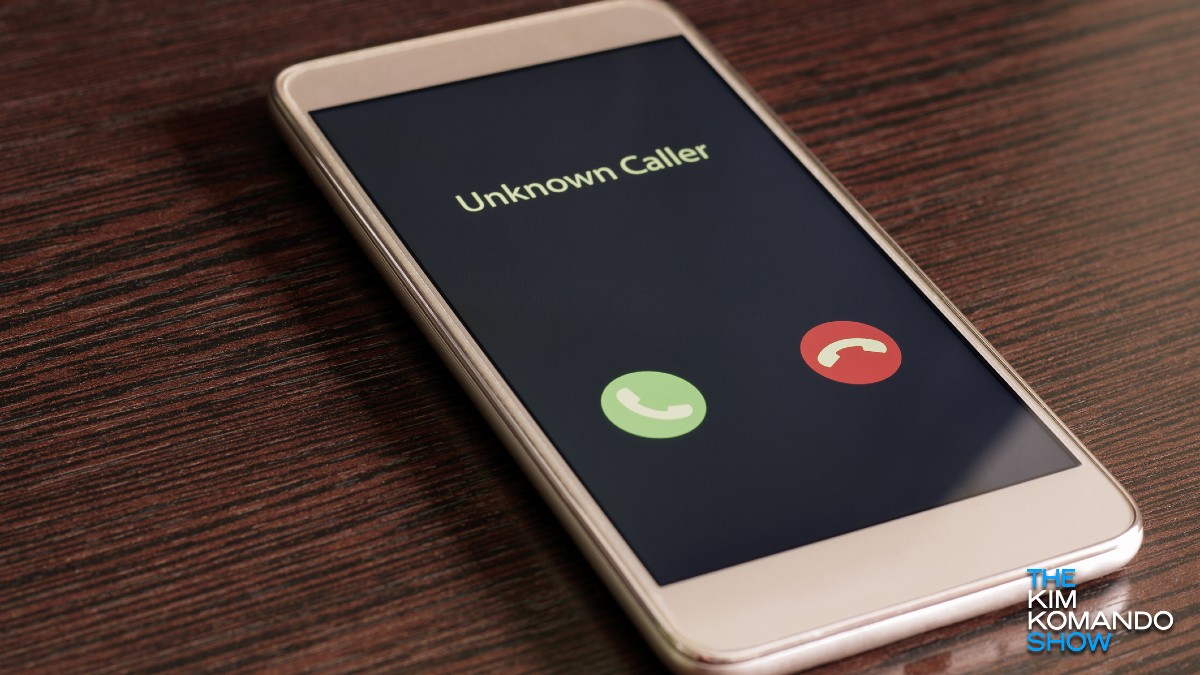
Robocalls have been an annoyance for years, and with technology constantly advancing, it’s only going to get worse. And they’re not just interruptions these days. Many are calls from scammers looking to rip you off.
That’s why it’s important to be proactive and stop these calls dead in their tracks. You have several clever ways to keep scams and robocalls at bay. Tap or click here to stop robocalls for good. How are these callers getting ahold of your number in the first place?